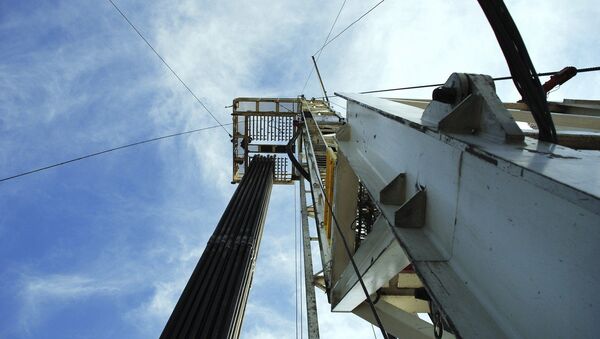The British Geological Survey predicted in a 2013 report that there could be 1,300 trillion cubic feet of shale gas in the country, estimated to last for around 50 years.
But new research of the Bowland Shale formation by the geoscientific body and the University of Nottingham found that it could potentially hold just a fraction of the predicted quantities of gas.
"Extrapolating our findings to the whole Bowland Shale, the maximum GIP [gas in place] equate to potentially economically recoverable reserves of less than 10 years of current UK gas consumption," it read.
The study, published in the Nature Communications journal on Tuesday, was rejected by the UK gas producer Cuadrilla. It asked to wait for the results of its drilling for real gas.
"Cuadrilla is getting on with determining the capacity of UK shale reserves by the only means possible which is to drill, hydraulically fracture and test the flow rate of gas from real world wells drilled into the shale rock. Our early results are very encouraging," it said.
Fracking, which is a process of injecting a high-pressure mix of water and chemicals into shale rock to extract gas, has raised concerns about earth tremors and environmental impact, making it difficult for companies to obtain drilling permits.


